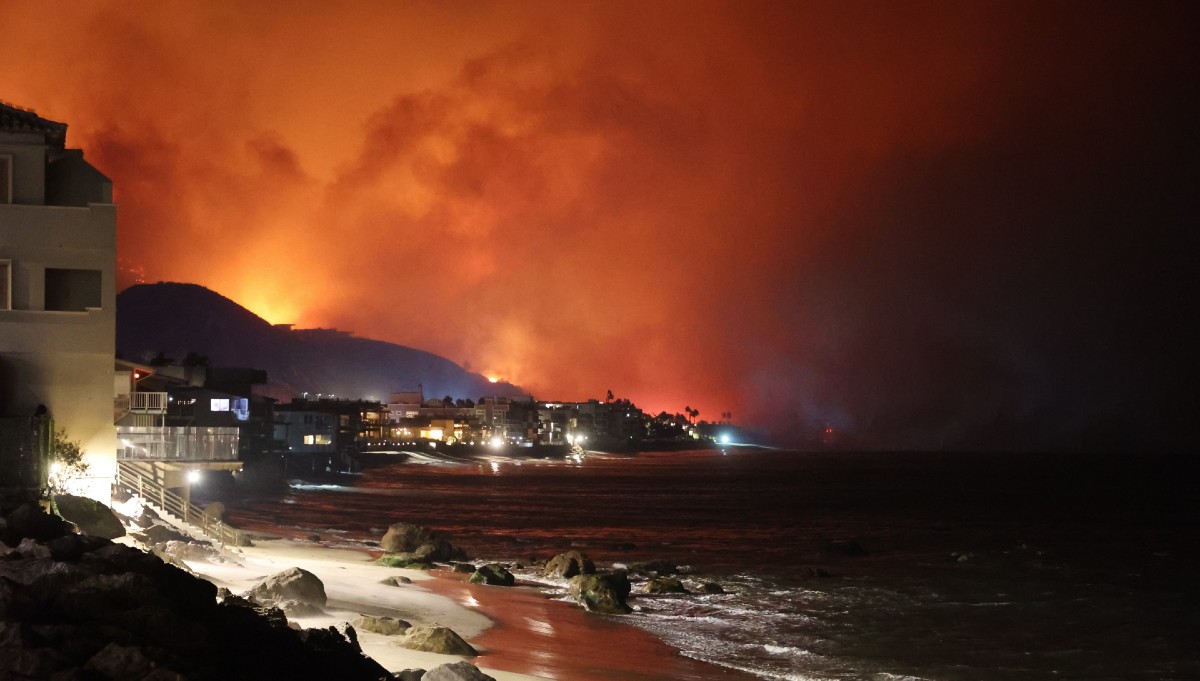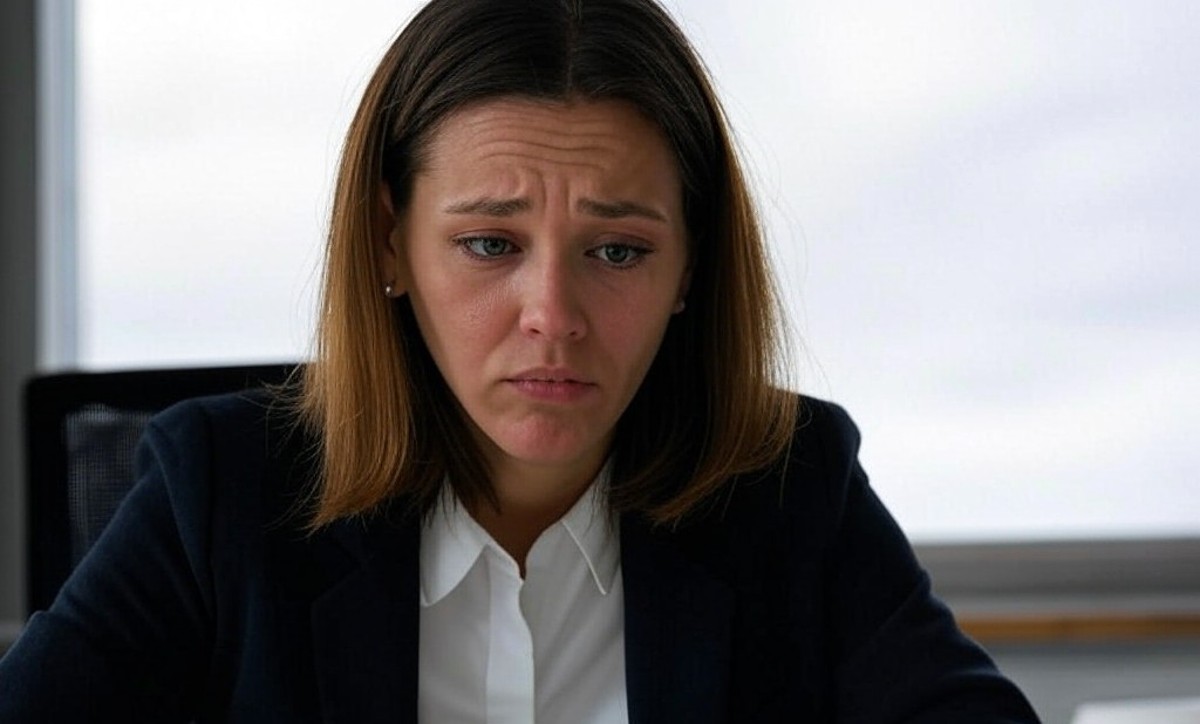We ask you, urgently: don’t scroll past this
Dear readers, Catholic Online was de-platformed by Shopify for our pro-life beliefs. They shut down our Catholic Online, Catholic Online School, Prayer Candles, and Catholic Online Learning Resources—essential faith tools serving over 1.4 million students and millions of families worldwide. Our founders, now in their 70's, just gave their entire life savings to protect this mission. But fewer than 2% of readers donate. If everyone gave just $5, the cost of a coffee, we could rebuild stronger and keep Catholic education free for all. Stand with us in faith. Thank you.Help Now >
Pope Francis reminds us, we are speaking to God, Our Father!
FREE Catholic Classes
At the general audience Wednesday, Pope Francis spoke about the importance of the recitation of the Our Father at Mass, asking if when we pray it, we understand whom we are praying to and the relationship we are called to have with him.

Highlights
Catholic Online (https://www.catholic.org)
3/15/2018 (6 years ago)
Published in Living Faith
Keywords: Catholic News, Mass, Pope Francis, Our Father, The Lord's Prayer
Vatican City (CNA/EWTN News) - "How many times there are people who say, 'Our Father,' but do not know what they say!" the Pope said March 14.
"Do you feel that when you say 'Father,' that he is the Father, your Father, the Father of humanity, the Father of Jesus Christ?" he asked. "Do you have a relationship with this Father?"
When we pray this prayer, we are connecting with a loving Father, he continued, explaining that it is the Holy Spirit which gives us this connection with him, the feeling of being God's child.
What better prayer can there be for giving us sacramental Communion with God, he asked, than the one taught by his son, Jesus?
Pope Francis continued his general audience catechesis on the part of the Mass called the Rite of Communion, which begins with the recitation of the 'Our Father,' followed by the sign of peace, the breaking of the host by the priest, and the invocation of the "Agnus Dei," or "Lamb of God."
In particular, the Pope noted the appropriateness of the Lord's Prayer as a preparation for receiving Holy Communion, because in the prayer we pledge our forgiveness of others and ask God to forgive our own sins.
This request opens our hearts to God, but "also disposes us to fraternal love," he said, noting that this is not always an easy thing to say.
"It's not easy to forgive those who have hurt us. It's a grace to say: Forgive me as I have forgiven [others]... it's a grace..." the Pope said. "The Lord gives us peace, he also gives us the grace to forgive."
"The peace of Christ cannot take root in a heart incapable of living fraternity and of repairing it after having wounded it," he said.
In the prayer we also ask God to "deliver us from evil," which is another cause of separation between us and God, and us and our brothers and sisters, he continued. Each of these "are very suitable requests to prepare us for Holy Communion."
He also pointed to the line where we ask God to "give us our daily bread," which is something "we need to live as children of God."
After the 'Our Father,' we exchange the sign of peace with those around us, a concrete sign expressing "ecclesial communion and mutual love," Francis said, quoting from the Roman Missal.
He also emphasized that this peace is Christ's gift to us -- a different peace from that offered by the world, it helps the Church to grow in unity and peace "according to his will."
Next in the Mass, the priest breaks the host, which has already been consecrated and transformed into the body and blood of Jesus Christ, and places it in the chalice. This is accompanied by our prayer to the "Lamb of God."
"In the Eucharistic Bread, broken for the life of the world, the prayerful assembly recognizes the true Lamb of God, that is Christ the Redeemer, and begs him: 'Have mercy on us... give us peace,'" the Pope said.
"'Have mercy on us,' 'give us peace,'" he continued, "are invocations that, from the prayer of the Our Father to the breaking of the Bread, help us to dispose our mind to participate in the Eucharistic banquet, a source of communion with God and with our brothers."
He concluded by asking everyone to pray the Our Father together, each "in their own language."
In his speech, the Pope did not mention the line of the Our Father which says in English, "lead us not into temptation."
In an interview he gave in December 2017, Francis said that he believes the Italian translation of this line, which says, "non ci indurre in tentazione," is incorrect, because God does not actively lead us into temptation.
He also praised in the interview a new translation of this line by the French bishops' conference, which says "et ne nous laisse pas entrer in tentation" -- "let us not enter into temptation." It replaces the previous translation "ne nous soumets pas Ă la tentation" -- "do not submit us to temptation."
---
'Help Give every Student and Teacher FREE resources for a world-class Moral Catholic Education'
Copyright 2021 - Distributed by Catholic Online
Join the Movement
When you sign up below, you don't just join an email list - you're joining an entire movement for Free world class Catholic education.
-

-
Mysteries of the Rosary
-
St. Faustina Kowalska
-
Litany of the Blessed Virgin Mary
-
Saint of the Day for Wednesday, Oct 4th, 2023
-
Popular Saints
-
St. Francis of Assisi
-
Bible
-
Female / Women Saints
-
7 Morning Prayers you need to get your day started with God
-
Litany of the Blessed Virgin Mary
Introducing "Journey with the Messiah" - A Revolutionary Way to Experience the Bible
-

Catholic Response to Devastating Los Angeles Wildfires
-

Federal Court Blocks Biden Administration's Gender Identity Rule
-
A Future for Life: Introducing the Winners of the Priests for Life Pro-Life Essay Contest
-
Reflections on Pope Francis' 2025 World Day of Peace message
Daily Catholic
 Daily Readings for Friday, January 10, 2025
Daily Readings for Friday, January 10, 2025 St. William of Bourges: Saint of the Day for Friday, January 10, 2025
St. William of Bourges: Saint of the Day for Friday, January 10, 2025 Prayer for a Blessing on the New Year: Prayer of the Day for Tuesday, December 31, 2024
Prayer for a Blessing on the New Year: Prayer of the Day for Tuesday, December 31, 2024- Daily Readings for Thursday, January 09, 2025
- St. Adrian, Abbot: Saint of the Day for Thursday, January 09, 2025
- St. Theresa of the Child Jesus: Prayer of the Day for Monday, December 30, 2024
![]()
Copyright 2024 Catholic Online. All materials contained on this site, whether written, audible or visual are the exclusive property of Catholic Online and are protected under U.S. and International copyright laws, © Copyright 2024 Catholic Online. Any unauthorized use, without prior written consent of Catholic Online is strictly forbidden and prohibited.
Catholic Online is a Project of Your Catholic Voice Foundation, a Not-for-Profit Corporation. Your Catholic Voice Foundation has been granted a recognition of tax exemption under Section 501(c)(3) of the Internal Revenue Code. Federal Tax Identification Number: 81-0596847. Your gift is tax-deductible as allowed by law.







 Daily Readings for Friday, January 10, 2025
Daily Readings for Friday, January 10, 2025 St. William of Bourges: Saint of the Day for Friday, January 10, 2025
St. William of Bourges: Saint of the Day for Friday, January 10, 2025 Prayer for a Blessing on the New Year: Prayer of the Day for Tuesday, December 31, 2024
Prayer for a Blessing on the New Year: Prayer of the Day for Tuesday, December 31, 2024


